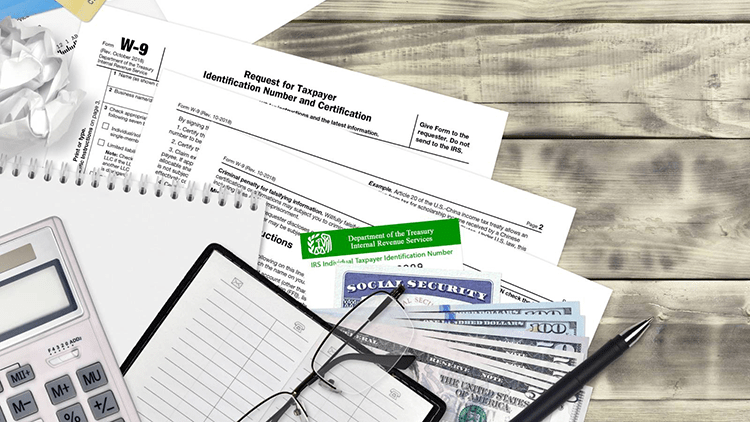
The prospect for higher taxes continues to be a concern for investors, and it’ll continue to be a source of uncertainty until some form of tax reform is passed.
While a higher corporate tax rate would likely be a hindrance for most companies, it’s far from certain that the implementation of a higher rate would be enough for stocks to sell-off, as discussed in the Morning Brief last week.
But what does history suggest will happen to stocks should higher taxes come to pass?
BMO Capital Markets equity strategist Brian Belski looked into it. And the answer isn’t all bad.
“Tax increases have been far from detrimental to U.S. stock market performance,” Belski wrote in a recent note to clients.
“President Biden’s proposal to raise the U.S. corporate tax rate to 28%, from 21%, would mark the first increase since 1993 and sixth tax hike since 1945,” he continued.
“During the five prior corporate tax rate increases in 1950, 1951, 1952, 1968, and 1993, the S&P 500 index posted an average calendar year gain of 12.9% with positive price returns in each instance. This gain was well above the 4.6% average return registered during the nine annual periods when the tax rate was reduced and also higher than 9% price return for all calendar years going back to 1945.” (Emphasis added.)
Belski also observed that those periods came with above-average real GDP growth of 5.7%.
But that’s just the period around the tax hikes.
What, then, about the overall level taxation — are returns lower during higher tax regimes?
“Despite common perceptions to the contrary, our work shows that there is little evidence to suggest that corporate tax rates have any type of meaningful impact on U.S. equity market returns,” Belski observed. “For instance, going back to 1945, the S&P 500 has averaged a 10% gain during years in which the U.S. corporate tax rate was below 35% compared to the 10.3% gain posted during years when the tax rate was 50% or higher. Keep in mind that the proposed 28% corporate tax rate would still rank among the lowest in U.S. history after those seen in 2018-20.” (Emphasis added.)
Importantly, Belski notes: “A similar story exists on the earnings front. Over past decades, U.S. companies have been able to generate substantial earnings growth in different tax environments, including periods of high corporate tax rates.”
This is critical because earnings growth is the most important driver of stock prices.
The Biden administration also isn’t out to simply rein in big businesses with their proposed tax policies; they’re also looking to power demand.
“It is important to keep in mind that any increase in taxes and reduction to EPS for U.S. companies could also be offset to some degree by resulting positive factors of higher taxes, such as infrastructure spending and economic stimulus,” Belski said.